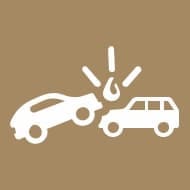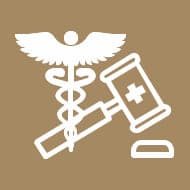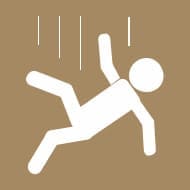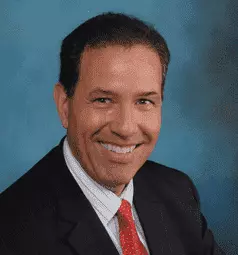In order to protect your privacy and security, we will not use email to contact you about this consultation. Please leave a valid phone number, and we will contact you in a timely manner. We look forward to our professional relationship
Law Firm Free Consultation
If you, a loved one or a co-worker:- Has been involved in an accident;
- May have a personal injury claim;
- Is in need of a strong defense against criminal charges;
- Is addicted to drugs or alcohol and cannot control their actions;








